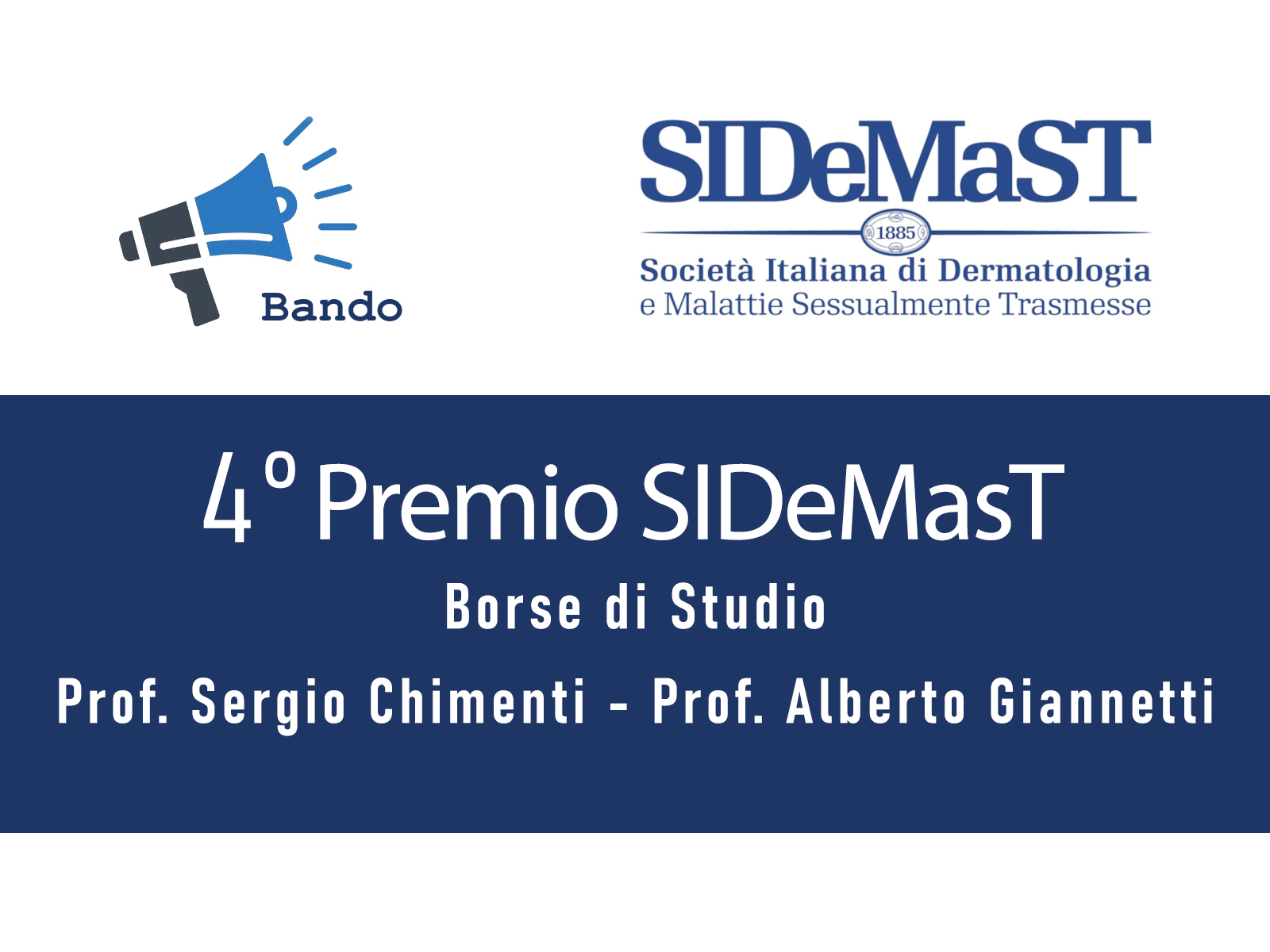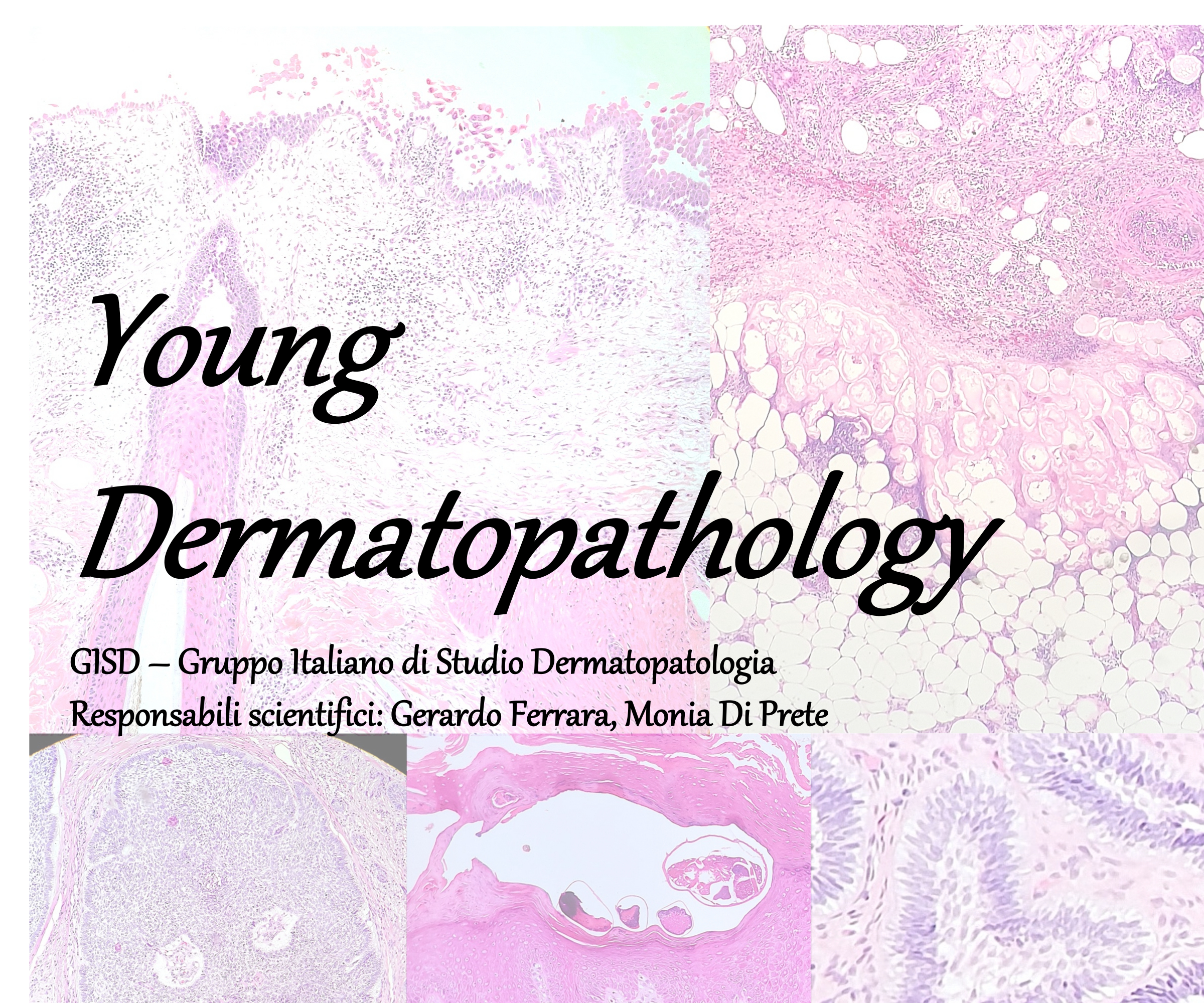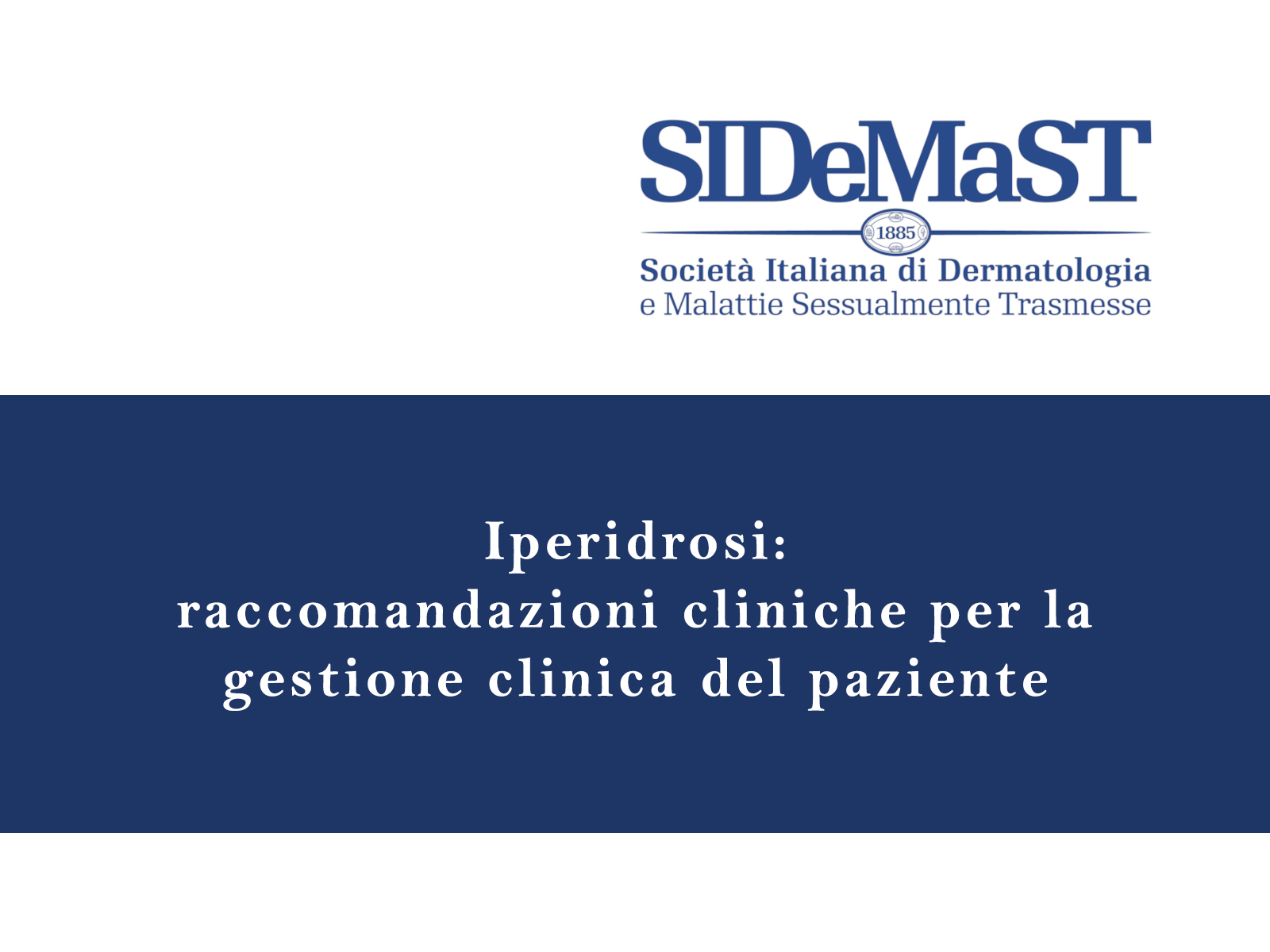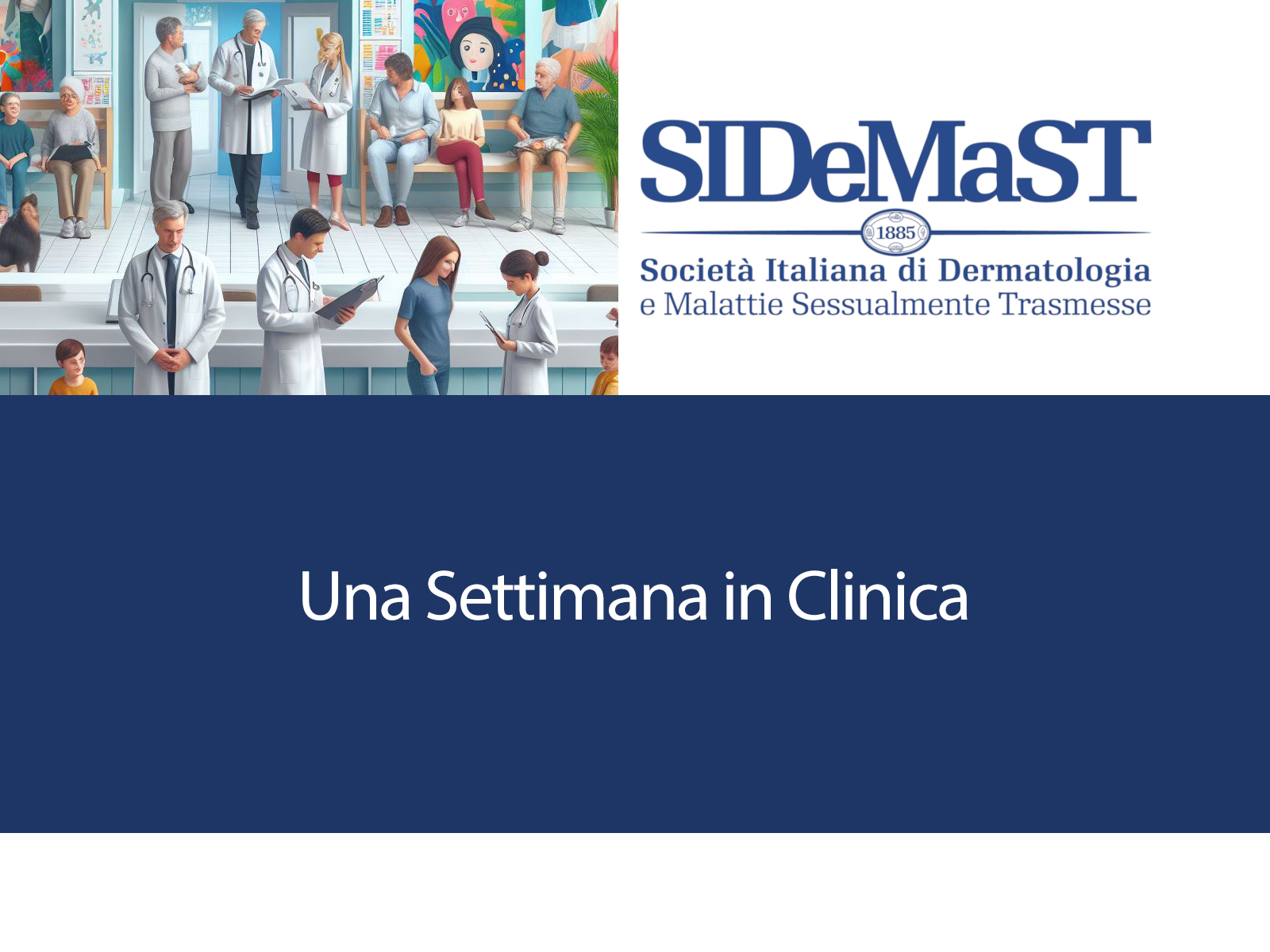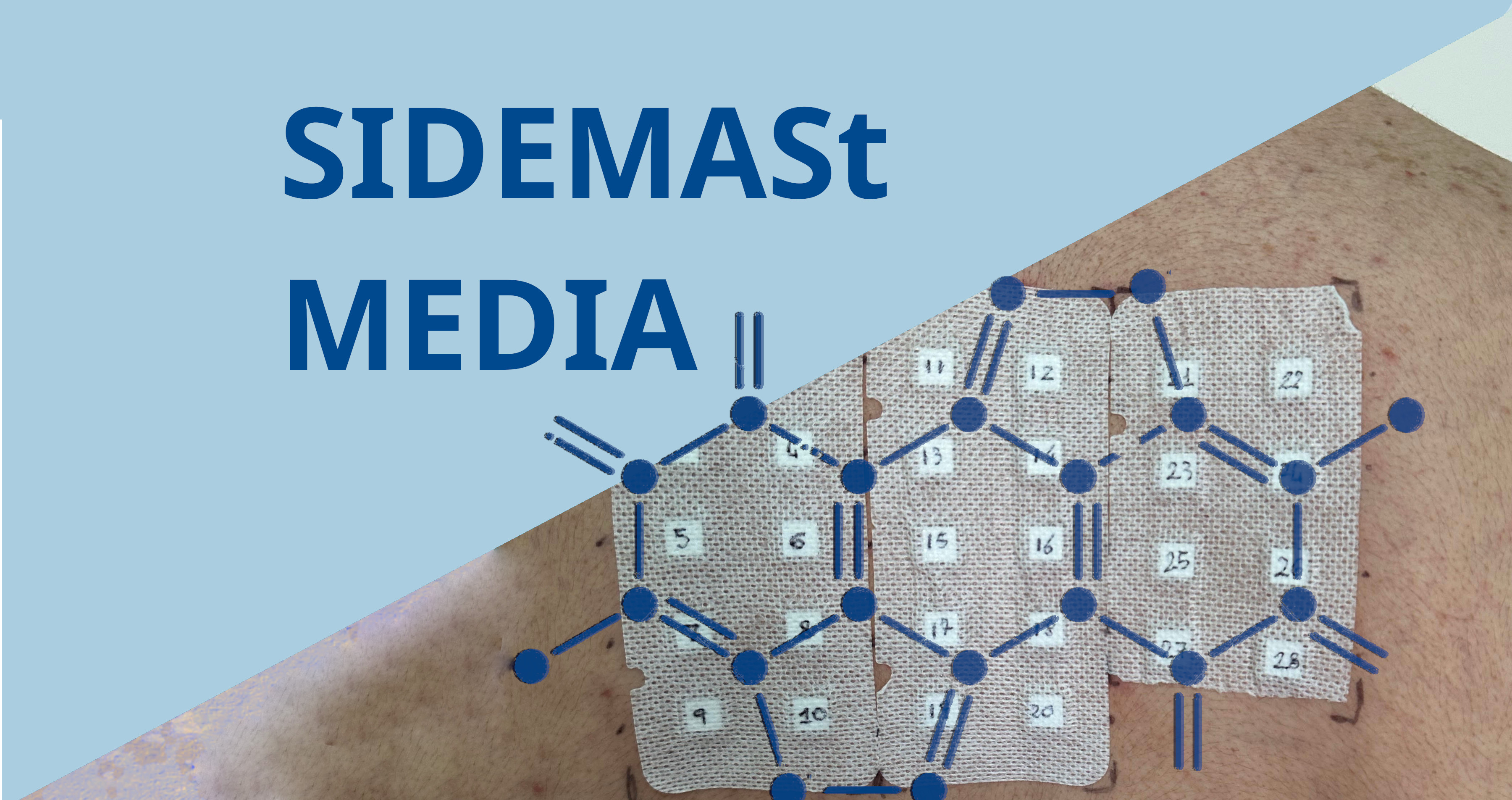BACKGROUND:
Functional textiles have been proposed as safe adjunct treatment for atopic dermatitis (AD). Some data have been published regarding their antimicrobial properties and their clinical efficacy.
OBJECTIVE:
This study examined the physical and functional properties of 11 commercially available functional textiles, including their antimicrobial activity in vitro, as a function of multiple laundering cycles.
METHODS:
All materials were weighed and examined under scanning electron microscopy (SEM) before and after laundering for fibre morphology and silver coating. Bioburden of newly purchased textiles was assessed by measuring bacterial colony forming units (CFU). Deliverable antimicrobial efficacy was evaluated in vitro for each specimen, before and after 30, 70, 100, 150 and 200 laundering cycles.
RESULTS:
Textile weight showed high variability. Damaged silver coating of variable degree was observed under SEM in most materials after laundering. Products made of silk showed smoother and tighter fibre morphology compared to cotton. The bacterial load of unwashed material ranged from <1 CFU to 35 CFU per 50 × 50 mm specimen. Most silver-containing products lost their antimicrobial activity rapidly after laundering. Silk and cotton retrieved products had no deliverable antimicrobial effect even in their original state.
CONCLUSION:
Elastic, lightweight textiles with smooth fibres are comfortable for daily use. Functional textiles rapidly losing their deliverable antimicrobial activity in vitro are not advisable for AD patients. Recommendations for functional textiles should be based on a combination of in vitro analysis of products in their original state and after laundering, together with real-life data obtained from controlled clinical trials.


